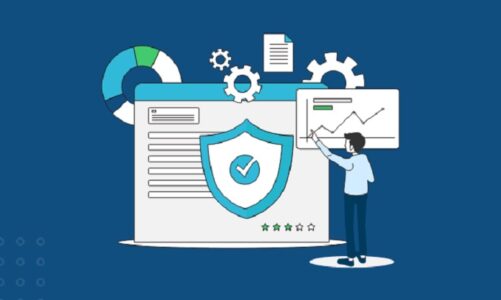In today’s world, monitoring technology has become a hot topic. From businesses tracking employee productivity to parents keeping an eye on their children’s online activities, cell phone and computer monitoring has evolved into a widely discussed subject. If you’re curious about how it works and what to expect, here are some frequently asked questions (FAQs) that can help clarify things.
What is Cell Phone and Computer Monitoring?
Cell phone and computer monitoring involves tracking and recording activity on mobile devices and computers. This can include things like browsing history, messages, call logs, and even location data. Software is typically installed on the device to collect this information. The data is then made available for review by the person or organization doing the monitoring. Check this site to know more abut employee monitoring privacy.
Who Uses Monitoring Software?
Monitoring software is used by a variety of people and organizations for different reasons:
- Parents: To protect children from harmful content or online predators, many parents monitor their kids’ phone usage.
- Employers: Companies often use it to ensure employees are staying productive and not misusing company resources.
- Spouses: In some cases, people use monitoring to check on their partners, though this can raise ethical questions.
How Does Monitoring Software Work?
Once installed on a device, monitoring software works silently in the background, collecting data from the phone or computer. It can log activities like:
- Text messages and emails
- App usage
- GPS location
- Browser history
- Keystrokes (in some advanced software)
Some programs also allow for real-time tracking, meaning you can see what’s happening on the device as it occurs.
Is Monitoring Legal?
This is one of the most important questions, as legality depends on where you live and how you use the software. For example:
- Parents monitoring their children: In most countries, it’s legal for parents to monitor their minor children’s devices.
- Employers monitoring employees: This is generally legal, provided the employee is informed and the monitoring is related to work activities.
- Spouses or partners: Monitoring a partner’s phone without their consent may violate privacy laws and could lead to legal consequences.
Before installing any monitoring software, it’s important to know your local laws and ensure you are not infringing on someone’s privacy rights.
Is the Software Detectable?
Most monitoring software is designed to run discreetly, meaning it won’t easily be noticed by the person using the device. However, more tech-savvy individuals might be able to spot unusual behavior, like faster battery drain or slower performance. It’s important to be transparent about monitoring whenever possible to avoid conflicts.
Can Monitoring Software Be Installed Remotely?
This depends on the software. In some cases, physical access to the device is required to install the monitoring app. However, certain apps may allow for remote installation if you have the appropriate login credentials for the device or computer.
Are There Free Monitoring Apps?
Yes, there are free monitoring apps available, but these often come with limited features. Free apps may track basic information like call logs and text messages, but for more advanced features (like real-time GPS tracking or keystroke logging), you’ll likely need to invest in paid software. You can also try Controlio employee monitoring software for free to explore it’s features.
What Are the Ethical Concerns?
While monitoring can provide peace of mind, it can also raise ethical concerns. It’s important to weigh the pros and cons. For parents, keeping kids safe online is a priority. However, for employers or spouses, transparency and trust are key factors. Monitoring without someone’s knowledge or consent can lead to issues of mistrust and privacy violations.




